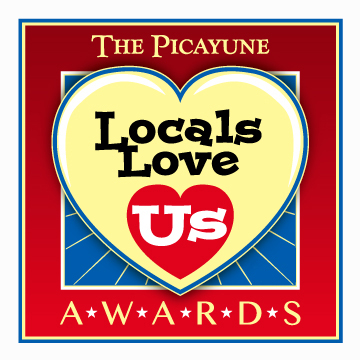Highland Lakes Amateur Radio Club hosting Ham Slam class
JARED FIELDS • PICAYUNE STAFF
BURNET — Jim McCrocklin has talked with people all around the world — 48 countries to be exact.
“It’s easy to get Mexico, Central and South America, Cuba. You can also pick up the Far East,” said McCrocklin, president of the Highland Lakes Amateur Radio Club. “I’ve also talked to people all over in Europe, England to Romania. You name it.”
McCrocklin and the amateur radio club are hosting a three-day Ham Slam class for anyone interested in acquiring a ham radio operator license.
“It’s to get more people involved in amateur radio — first responders like the fire department, EMS,” he said. “We also see Boy Scouts and some of their parents.”
The course is Oct. 24-26 at the Herman Brown Free Library, 100 E. Washington St. There is no cost for the course; however, the club asks for a donation for the ARRL Ham Radio License Manual. The fee for the test Oct. 26 is $15.
“We like it to be low-cost,” said Gil Jones, emergency coordinator for the Amateur Radio Emergency Service for Burnet and Llano counties. “We don’t want cost to be a barrier.”
Anyone interested in taking the class can contact McCrocklin at (512) 663-9681 or jtmccrocklin@gmail.com for more information. The club asks that those who plan to take the class get a manual beforehand. The club offers manuals, and they can be obtained by calling Jones at (830) 201-0050.
“A person does not have to have prior technology experience; we teach that,” Jones said.
There also is no Morse Code requirement.
The class is 7-9 p.m. Oct. 24, 8:30 a.m.-6:30 p.m. Oct. 25 and 9 a.m.-noon Oct. 26 with the exam following at 1:30 p.m.
“We have a 95- to 98-percent pass ratio on anybody that takes the course and then the exam,” McCrocklin said.
There are three license levels: technician, general and extra. Other than personal use, a licensed ham can be used in a number of ways in the community.
“A fun run or charity walk, something like that where we need eyes and ears,” Jones said. “And on the emergency services side, we try to be ready if bad stuff happens that knocks out communications.”
From marathons to floods or other events, hams are needed.
Or, just for fun. If talking to people on Earth isn’t enough, you can reach out to space.
“You can also talk to the Space Station. They have ham radios up there,” McCrocklin said. “If they’re not doing anything, they’ll answer you.”
jared@thepicayune.com



